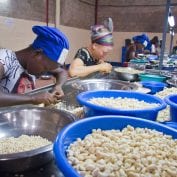
Empowering Women with Cashew Products
Over 60 percent of Nigeria’s population lives in poverty, while women suffer the greatest effects. Processing cashew by-products poses a unique opportunity for women’s inclusive economic diversification.

Over 60 percent of Nigeria’s population lives in poverty, while women suffer the greatest effects. Processing cashew by-products poses a unique opportunity for women’s inclusive economic diversification.
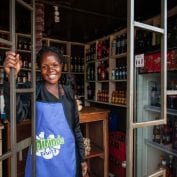
Unemployment in Côte d’Ivoire has strongly increased over the past 14 years due to political and economic instability in the country, and women have faced particular challenges in finding employment.
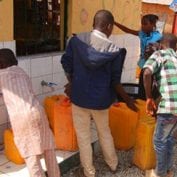
TechnoServe and Unilever are working in partnership to develop a new concept for sustainable water provision by piloting the concept of Sunlight Water Centers in eight peri-urban areas near Abuja.
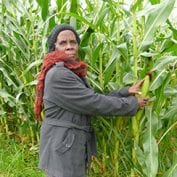
TechnoServe, in partnership with Kellogg’s Company, launched a program in 2015 to improve smallholder livelihoods in the Lambasi area of the Eastern Cape Province, which has the highest poverty levels in the country.
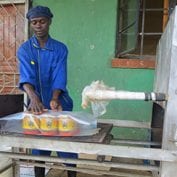
Food processing provides the potential to create necessary jobs in Zambia’s rural areas, as well as strengthening the competitiveness of the broader value chain.
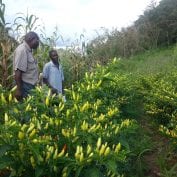
TechnoServe with funding from the European Union is reaching programming to help enable the European Commission to achieve the goal of helping to address core issues currently faced by agricultural industry players and poor households in Zimbabwe, as well as inform future thinking and program design.
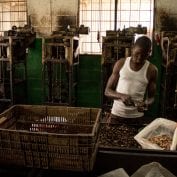
Solutions for African Food Enterprises (SAFE) was a public-private partnership between TechnoServe, Partners in Food Solutions, and USAID that aimed to increase the competitiveness of the African food processing sector to expand availability of affordable and nutritious foods to local populations. The program benefited more than 1,000 food processors who source from more than 800,000 smallholder farmers in five countries.
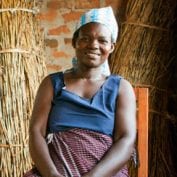
With support from luxury clothing brand Edun, TechnoServe launched the Conservation Cotton Initiative in 2011. The first phase of the program benefitted an estimated 59,745 people from 2011 to 2013 and managed to establish 150 producer business groups to better link farmers to markets.
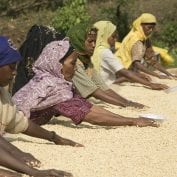
Some of the highest quality coffee in the world comes from the Sidama Zone of Ethiopia, produced primarily by 200,000 smallholder farming families, most of whom continue to live in poverty due to small farm sizes and low productivity.
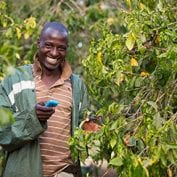
With large rural populations in Africa, it can be difficult to reach farmers for training and traveling to training can be costly and time consuming for farmers. The Mobile Training Unit project is an innovative agricultural extension training approach, which allows for large groups of smallholder farmers to receive audio and visual training lessons in rural areas.